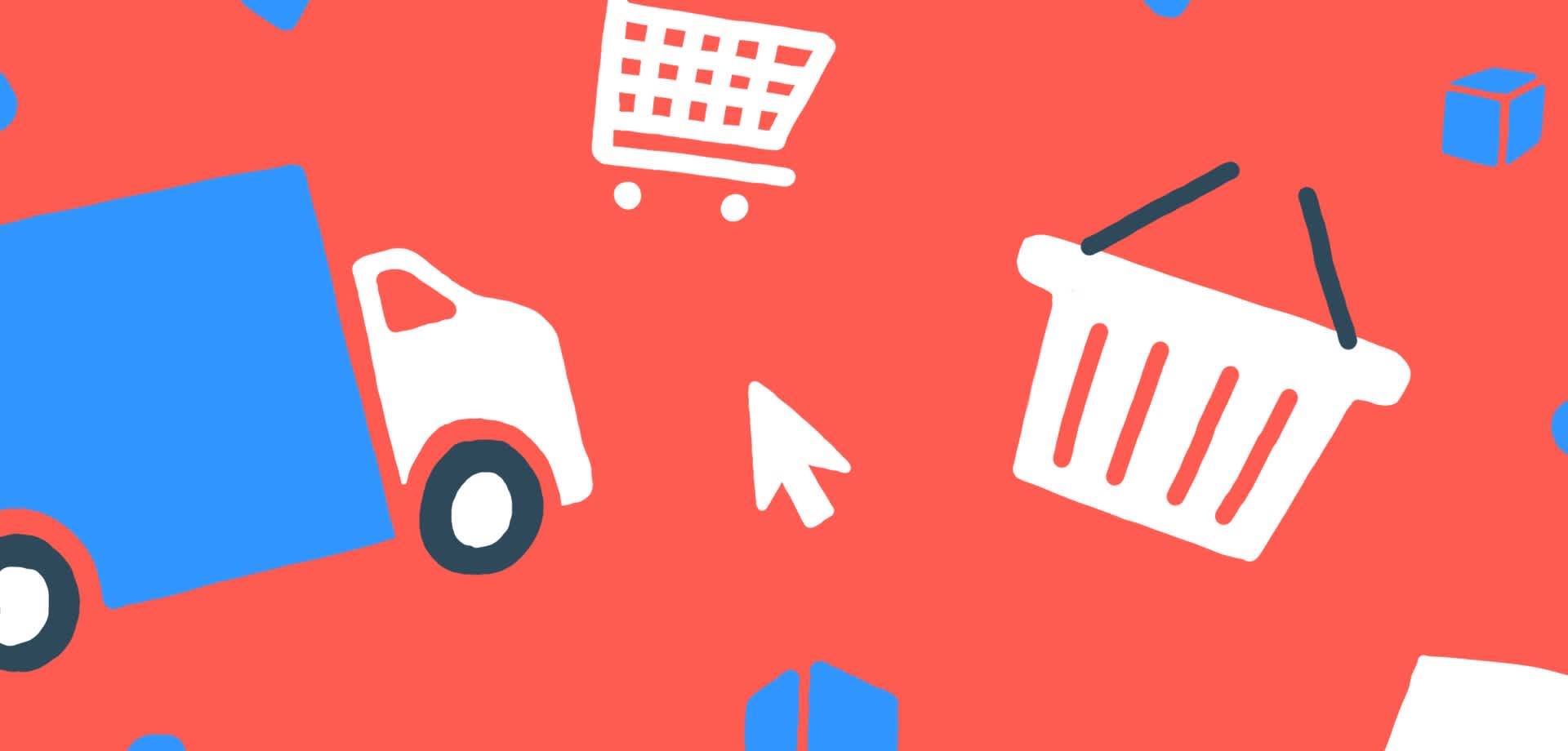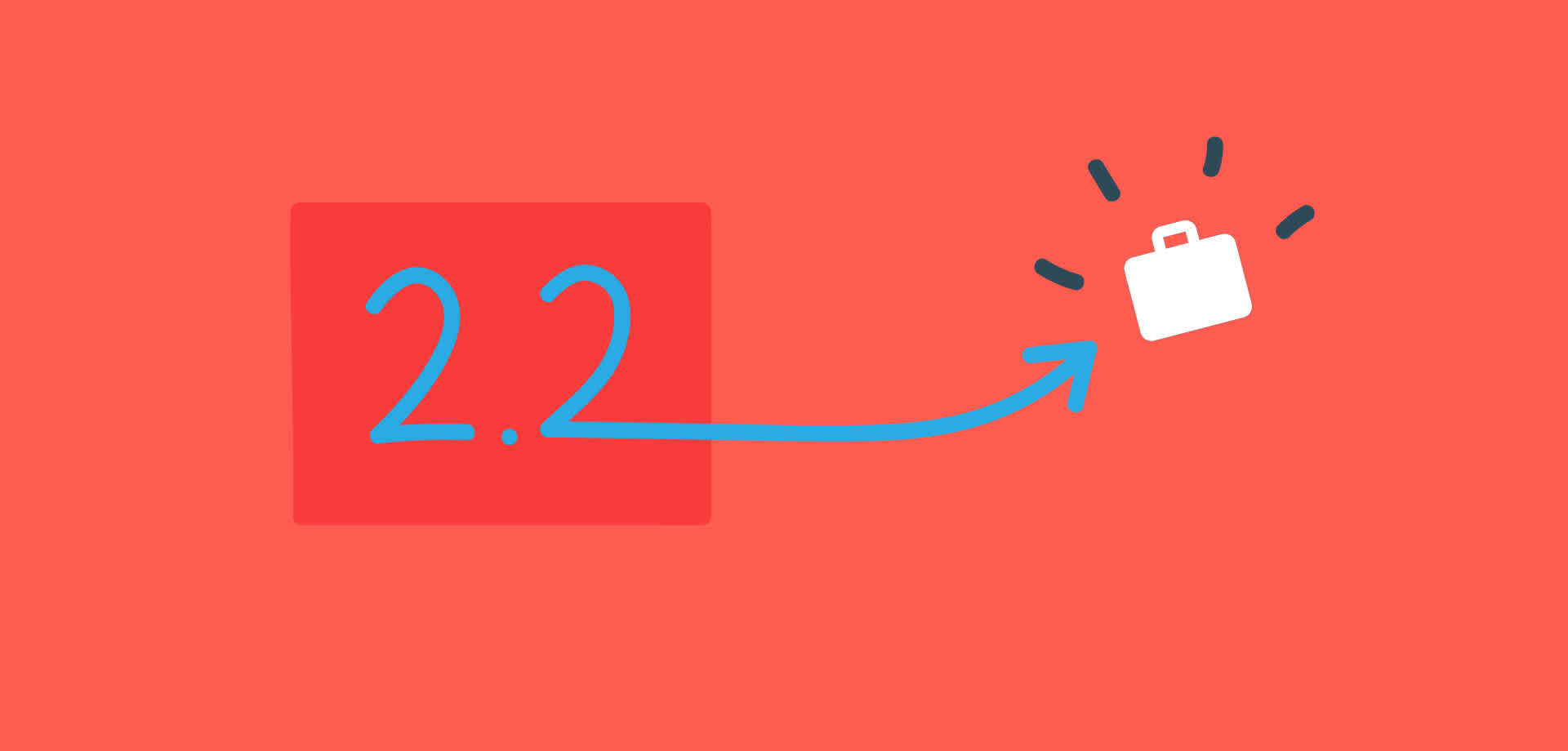
Working in the FMCG industry
Reading time: 10 minutes
When you are a student or a recent graduate, or even a grown-up willing to change your career path, you start looking into what your options are.
Contents
- What is FMCG?
- Why is it called FMCG?
- Which companies are FMCG leaders?
- What products come under FMCG?
- Foods
- Drinks and Beverages
- Dry Goods
- Consumer Electronics
- Cosmetics
- Toiletries
- Cleaning products
- Office supplies
- Over-the-counter Medications
- Basic clothing
- What can I work as in the FMCG industry?
- Why work in the FMCG industry?
- 1. FMCG provides the brightest employment prospects.
- 2. Working in FMCG gives you a chance to work with the biggest brands.
- 3. FMCG offers opportunities to have a global career.
- 4. FMCG is a fast-paced and innovative sector. Also, it is the most stable one.
- What to expect from interviews at FMCG companies at different stages?
- Stage 1:
- Stage 2:
- Stage 3 and more:
- How do I find a graduate job in the FMCG industry?
- FAQs
- What can I work as in the FMCG industry?
- Why work in the FMCG industry?
What is FMCG?
FMCG is an abbreviation of the words Fast Moving Consumer Goods, also known as Consumer Packaged Goods (CPG).
Why is it called FMCG?
It is called “Fast Moving” because it offers non-durable goods that typically sell quickly and you purchase on a regular basis as they are consumable or short-lived.
Which companies are FMCG leaders?
Some of the FMCG leading companies are ones that you will recognize everywhere. You probably even have at least 5 of them in your house if you just do a 360 and look around.
Examples of FMCG companies are:
What products come under FMCG?
Here are some examples of FMCG:
Foods
Processed foods such as breakfast cereal.
Fresh food such as fruits and vegetables.
Frozen items such as ice cream that require a temperature-controlled supply chain.
Baked food such as pastry items, croissants, etc.
Candy such as chocolate or sweets.
Drinks and Beverages
Bottled water and fruit juice.
Dry Goods
Coffee, tea, sugar and beans.
Consumer Electronics
Fast-selling goods like headphones and phone chargers are considered FMCG.
Cosmetics
Makeup and hairstyling products.
Toiletries
Toothpaste and shampoo.
Cleaning products
Bleach and soap.
Office supplies
Pens, pencils and notebooks.
Over-the-counter Medications
Basic meds like paracetamol (in most countries).
Basic clothing
Undergarments and socks.
What can I work as in the FMCG industry?
Regardless of your education or specialization, the FMCG industry has got your back.
That is because it involves, well… fast moving consumer goods, such as shampoo, and the product process is very rapid. Thus, all job positions are involved from product design, branding and advertising, project management, engineering, and finance to supply chain, distribution, sales and IT.
Why work in the FMCG industry?
Now that we have cleared out what FMCG means and which companies and products it consists of, we can focus on the more important part. Working in the FMCG industry.
Apart from having voluminous hair from being overloaded with Head and Shoulders, there are some other benefits to working in the FMCG industry.
1. FMCG provides the brightest employment prospects.
A diverse, culturally diverse and quick-minded person is very welcome to the FMCG sector because it is constantly evolving and very fast-paced. The FMCG industry picks out the hard-working guys and also rewards them with more knowledge and experience than any other industry.
If you are working for the FMCG sector, you will learn and evolve very quickly in your role. You will receive more experience in less time, partly because the industry is “fast moving”, but also because you are surrounded by very bright people and will be acquainted (might even experience) with a wide range of roles. Plus, it never gets boring in such a dynamic atmosphere.
Check out the FMCG sector jobs offered on Magnet.me.
Tip: Keep in mind that recruitment processes in the FMCG sector usually take a very long time, so being patient is crucial! On the other hand, climbing up the job position ladder in industry giants is usually very slow. If in a startup becoming a manager takes 3-5 years, in a FMCG industry leading company it will take you 7-10.
2. Working in FMCG gives you a chance to work with the biggest brands.
A big benefit of working in the FMCG industry is that it is home for many of the world’s largest brands. Some that you might recognize and even have in your home include Heinz, Unilever, Procter and Gamble, Coca-Cola and Nestle. And so are their products. Having the opportunity to work for a brand that you like and use on a regularly basis can increase your job satisfaction and make you enjoy your work more.
Most of the job openings are from industry giants. Therefore, you have a great chance to enter one of the world’s largest companies. Whether you have always wanted the prestige of working for a market leader or you are just attracted to the perks of being employed by one of the world’s industry giants, FMCG can open those doors to you. Of course it’s not all big brands – on Magnet.me you will also see startups and SMEs, if that is the direction you would like to go in.
3. FMCG offers opportunities to have a global career.
Most industries are concentrated in capitals and big cities. However, FMCG offers opportunities all over the globe for those who are interested. Not only does doing a traineeship in FMCG take you to at least two countries over the course of a year, but having a real job in FMCG can take you anywhere you want. FMCG companies are scattered worldwide and depending on the skills you would like to gain and the job you have, you can land anywhere between Sydney, Hong Kong, Berlin and New York.
Does that sound like your dream job? If yes, keep in mind that companies look for a great level of English from their applicants since this will be the main language that you will communicate in during a call or business meeting no matter where in the world you are.
4. FMCG is a fast-paced and innovative sector. Also, it is the most stable one.
FMCG is the most stable industry, Especially because it consists of products that are non-durable and quickly consumed. Thus, you cannot put off eating, showering or cleaning your bathroom for too long, unlike buying a car, for example. This makes FMCG personally relevant as everyone is personally affected.
An extra perk of working in the FMCG industry is that it offers an opportunity to express your creativity in many ways.
Usually a lot of thought is put in packaging, branding, advertising, product design and more. I mean… look at the makeup sector!
They come out with something new every day that is totally different than anything else out there. Equally, FMCG industry is continually creating new brands, so if you are someone looking for a fast-paced, innovative work environment, then FMCG is for you.
What to expect from interviews at FMCG companies at different stages?
Stage 1:
Your first screening will most probably be an video interview where you have to record your answers on an automated machine, a Skype video interview or a telephone interview.
Stage 1 interviews usually try to analyze the candidate’s communication skills, their knowledge of the industry, company and specific job role and their motivation. You can also have first video interviews from companies such as Unilever, where they directly jump into behavioral questions and a business case based on a scenario relevant to the employer.
Stage 2:
Once you have passed through the first stage, the second one is usually a face-to-face interview and the majority of them also include an assessment center. Those are broadly competency-based and usually involve someone from the team or office of the area you are applying to.
Stage 3 and more:
There might be one or more interviews coming to round up the process and those can be with senior managers, or the CEO if it is a startup and the team is small. During those interviews you might be required to go deeper into technical questions, depending on the position you are applying to.
Tip: Try not to repeat examples from previous stages (valid for both stages 2 and 3).
How do I find a graduate job in the FMCG industry?
Getting a graduate job or an internship in the FMCG industry doesn’t have to be hard work. To prove that follow these simple steps and start connecting with companies you want to work at:
Sign up to
.
Create an awesome Magnet.me profile that stands out to recruiters!
Start liking FMCG opportunities on
FAQs
What can I work as in the FMCG industry?
Regardless of your education or specialisation, the FMCG industry has got your back. All job positions are involved, from product design, branding and advertisement to project management and engineering. Read more about what you can work as in the FMCG industry…
Why work in the FMCG industry?
There are 4 main reasons to work in the FMCG industry. The first is that the FMCG industry provides the brightest employment prospects through its constantly evolving and fast-paced environment. Second, you get to work with the biggest brands in the FMCG industry, like: Unilever, Nestle, Heinz and many more. Read more about the reasons to work in the FMCG industry…






